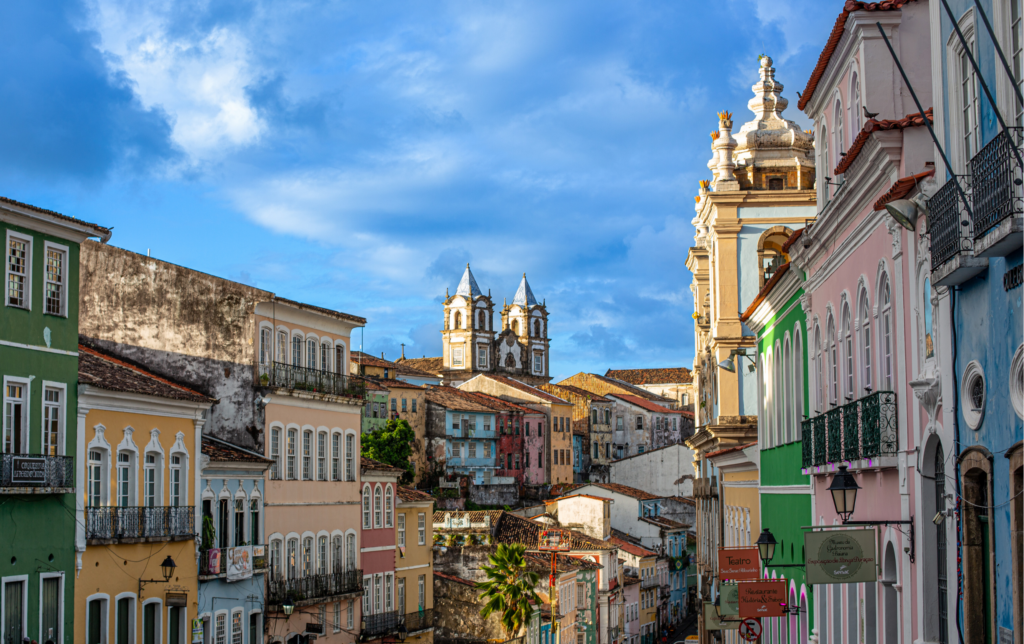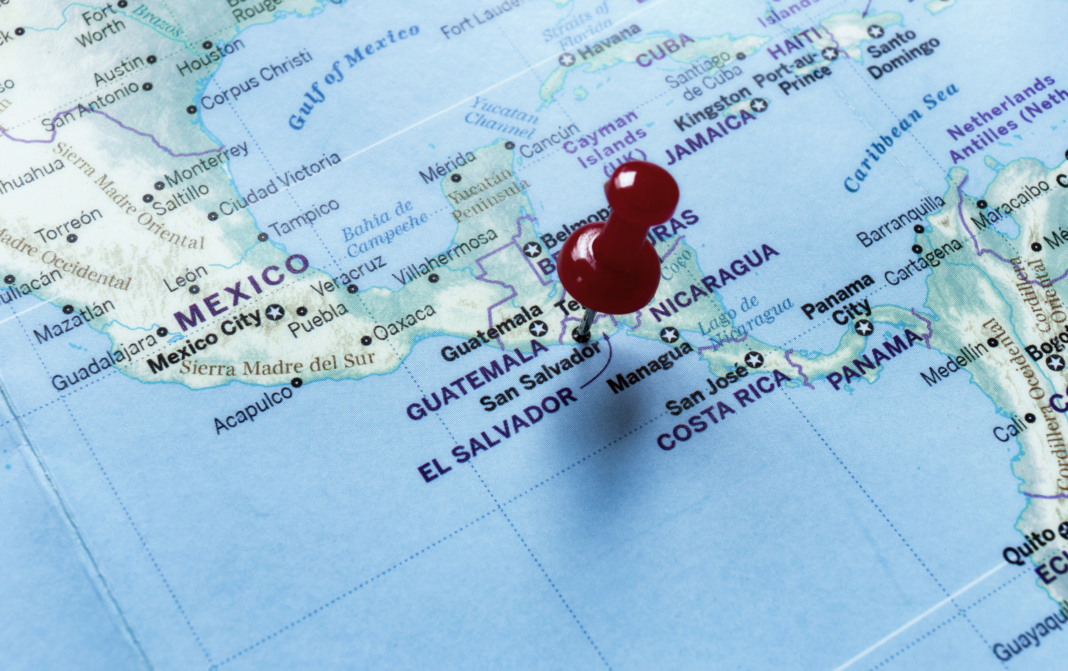An IMGW News Report
El Salvador recently introduced a Citizenship by Investment (CBI) programme, generating a mix of anticipation and scepticism. Targeting affluent individuals, the program mandates a substantial donation of one million US dollars in Bitcoin or USDT, granting Salvadorian residency and a potential pathway to citizenship. However, the mechanics of this transition still need to be clarified, casting doubt on the program’s transparency and effectiveness.

Dubbed the ‘Freedom Visa’, this endeavor is perceived more as a philanthropic gesture than an investment opportunity. Despite promises of swift approval within six weeks, it’s important to note that this solely pertains to the visa, not citizenship. The lack of clarity surrounding the visa-to-passport process raises concerns about the program’s execution and outcomes.
In comparison to other countries in the Americas, such as Mexico, Chile, the United States, and Honduras, El Salvador faces unique challenges and opportunities in attracting foreign investment and talent. While the Salvadorian passport offers access to Europe, Russia, and select Asian countries, its exclusion from destinations like the US, Canada, and the UK may dissuade potential applicants. This discrepancy highlights the necessity for improvement to ensure competitive appeal.
Moreover, in contrast to Mexico’s GDP per capita of approximately $9,000 USD, Chile’s of around $15,000 USD, and Honduras’ of approximately $2,500 USD, El Salvador’s GDP per capita stands at approximately a measly $4,800 USD.
While El Salvador grapples with an unemployment rate of around 7.3%, Mexico faces a rate of approximately 4.8%, Chile approximately 7.9%, and Honduras approximately 5.9%. In terms of Foreign Direct Investment (FDI), El Salvador received an influx of $1.25 billion USD, whereas Mexico received $36.9 billion USD, Chile received $11.3 billion USD, and Honduras received $1.6 billion USD.
Geopolitically, El Salvador navigates complex alliances, balancing relationships with both Western and Eastern powers. While forging closer ties with China and Russia offers potential economic benefits, it also poses challenges in securing agreements with traditional Western partners.
This delicate geopolitical dance underscores the intricacies of El Salvador’s diplomatic landscape as it charts its course on the global stage.
Under President Nayib Bukele’s stewardship, El Salvador has undergone significant transformation, culminating in increased safety and stability. Nevertheless, Bukele’s critical stance towards Western powers may impede beneficial diplomatic relations, impacting the program’s attractiveness.
El Salvador acknowledges the invaluable contributions of skilled professionals and extends an open invitation to individuals from diverse backgrounds to join its vibrant and forward-thinking society.
While tailored for ultra-high-net-worth individuals and cryptocurrency enthusiasts, the program’s high donation threshold and ambiguity may deter broader participation. El Salvador’s citizenship initiative, though promising, necessitates refinement to broaden its appeal beyond niche demographics.
Meanwhile, El Salvador is extending invitations to global talent pools. In an effort to diversify and enrich its workforce, the country is actively seeking skilled professionals across various disciplines. This initiative aims to leverage expertise in science, engineering, medicine, arts, and philosophy to propel economic growth and foster innovation.
Selected candidates will be granted full citizenship rights, signaling El Salvador’s commitment to inclusion and progress. The country pledges support in immigration processes and offers incentives like tax waivers on assets, showcasing its dedication to facilitating a seamless transition for skilled workers.
This talent-focused endeavour not only strengthens El Salvador’s workforce but also fosters cultural diversity and dynamism. By embracing global talent, the nation aims to bridge skill gaps, stimulate economic development, and enhance its competitive edge on the global stage.
El Salvador acknowledges the invaluable contributions of skilled professionals and extends an open invitation to individuals from diverse backgrounds to join its vibrant and forward-thinking society.






